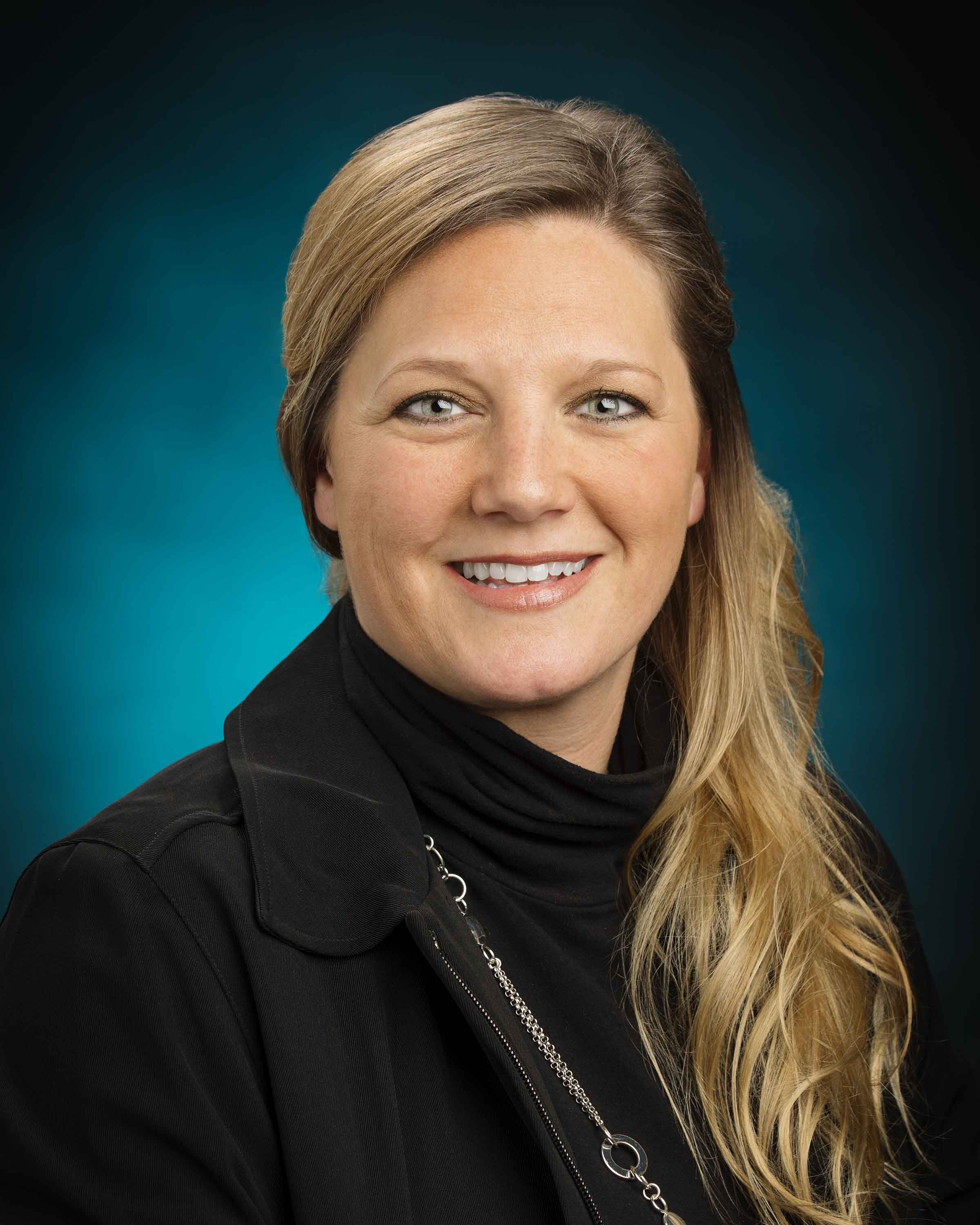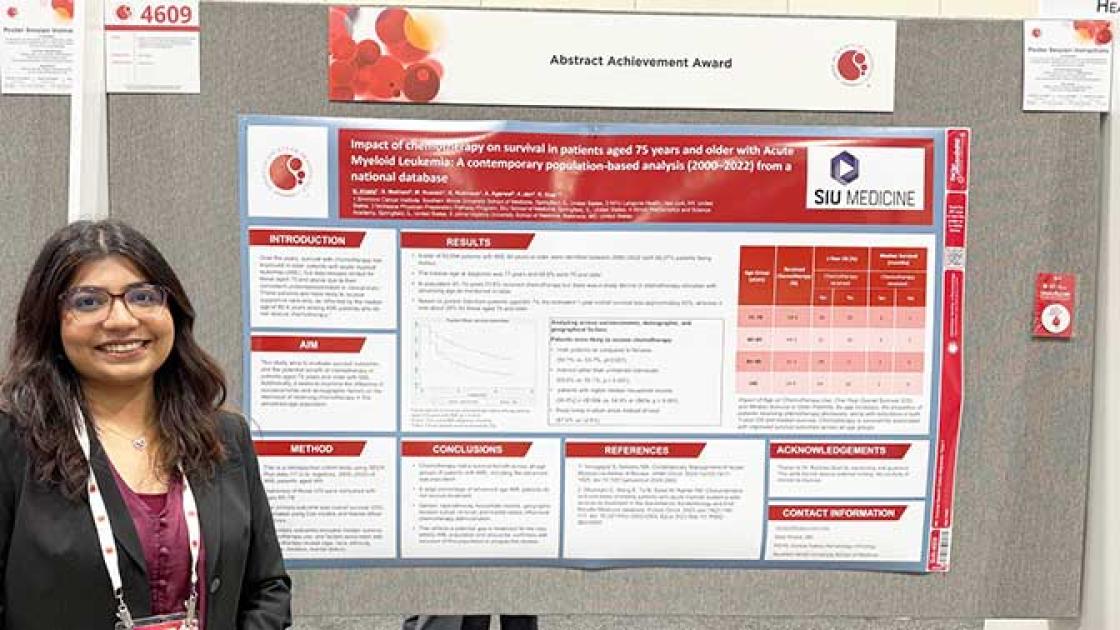
Microbes May Offer Clues to Improve Endometriosis Care
April 12, 2017 – Cells that typically grow in the lining of the uterus can emerge in other places in the abdominal cavity where they don’t belong, resulting in severe pain and infertility. The condition, called endometriosis, affects nearly 200 ,000 women annually in the U.S.
,000 women annually in the U.S.
A new study by Southern Illinois University Medicine scientist Andrea Braundmeier-Fleming, PhD, could lead to an earlier diagnosis and new treatments for the disease. Dr. Braundmeier-Fleming has been awarded a $12,500 grant from the Endometriosis Foundation of America to help develop an analysis method that uses the patient’s own microbiome (the collective term used to describe microbes within/on an individual’s body) to check for the condition. SIU School of Medicine was one of 10 universities in the nation to receive this research funding.
Microbiome research is an emerging field that investigates how microbes (bacteria, fungus and viruses) that live within and on our bodies affect our health. The study results could help determine which microbes are specifically associate with endometriosis. Identification of these microbial communities will help develop targets to restore healthy microbial populations, which will reduce inflammation and chronic pain, in addition to possibly restoring fertility.
“The information gleaned from something microscopic can have a very big impact on women’s health,” said Braundmeier-Fleming, assistant professor in the Departments of Medical Microbiology, Immunology and Cell Biology (MMICB), Obstetrics and Gynecology (OB-GYN) and a member of Simmons Cancer Institute at SIU. “We need more effective treatments for reproductive disorders, and our clinical and laboratory data could bring answers closer to clinical application."
Braundmeier-Fleming’s research uses machine-based learning analytics to objectively diagnosis endometriosis, rather than the current surgical ‘gold standard’ intervention. The studies explore the effects of endometriotic lesion growth on the microbiome, using technology to advance the understanding and development of potential treatments.
J. Ricardo Loret de Mola, MD, chair of the OB-GYN department and professor of OB-GYN and MMICB, is co-investigator on the study. “Our research could have a positive impact on this debilitating gynecological disease,” he said. “If we can pinpoint a specific microbial community profile that is associated with endometriosis, then the diagnosis is simplified and more health care providers will be able to make the diagnosis, allowing for earlier intervention.”
The symptoms of endometriosis include pelvic pain during and between periods, pain during sex and heavy menstrual bleeding. Women with the condition often suffer for 6 to 10 years before proper diagnosis.
If you have pelvic pain that interferes with daily activities, see your personal physician for a check-up. SIU Medicine is recruiting women for a related endometriosis study. Please contact the project coordinator, Kathleen Groesch, at 217-545-6671 or kgroesch@siumed.edu, for information about the project.
Schedule an interview or request more information by contacting SIU Medicine's Office of Public Relations and Communications at pr@siumed.edu or 217-545-3854.



